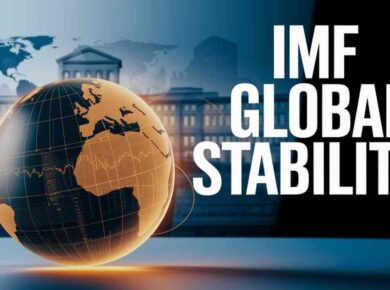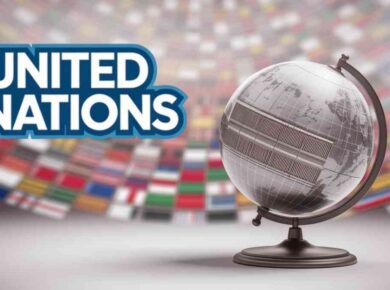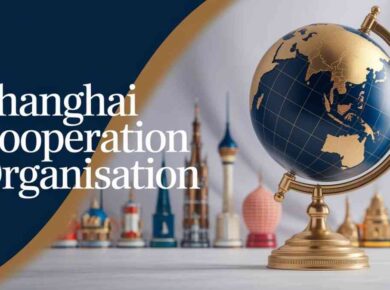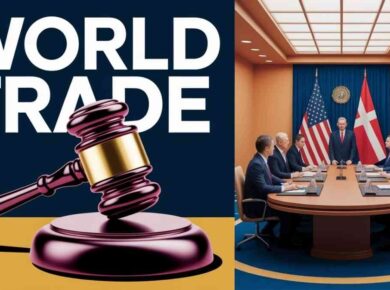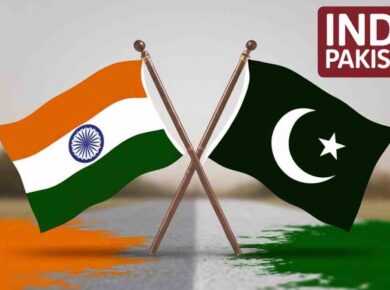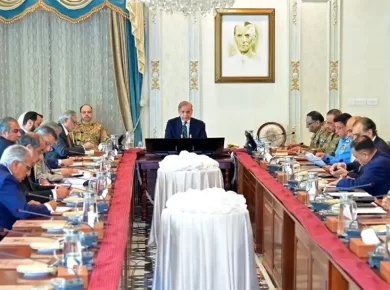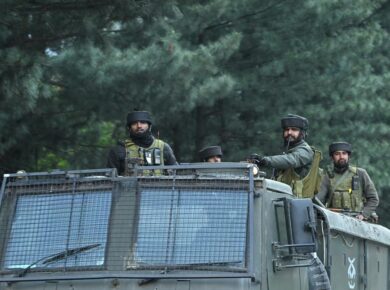Terror Financing, CCIT, Security Council Resolution 2322
Terror Financing
India participated in first-ever global meeting being held in Paris to discuss and evolve mechanisms to combat undetected terrorist financing network of the Islamic State terror group.
- Aim – to deal with subjects of money laundering and combating the financing of terror
- Organised by Financial Action Task Force
- Terrorism finance has been termed as the life blood of terrorism
Steps taken by India
- Demonetization – government targeted the fake currency notes in circulation, an important source of terror financing
- Improved Safety features in currency
- Special FICN Co-ordination Group formed in MHA to share intelligence amongst different security agencies of State/Centre
- India had recently reported to the FATF that it has frozen assets worth Euro 3 lakh of over three dozen entities on charges of terrorist financing and money laundering of illicit funds
- Strengthening of PMLA & Unlawful Activities (Prevention) Act, 1967 in 2013 by amendments
- A Terror Funding and Fake Currency Cell was set up in the National Investigation
Comprehensive Convention on International Terrorism
CCIT, drafted by India in 1996, is a proposed treaty which provides a comprehensive legal framework against terrorism. It includes following major objectives:
- A universal definition of terrorism that all 193- members of the UNGA will adopt into their own criminal law
- To ban all terror groups and shut down terror camps
- To prosecute all terrorists under special laws
- To make cross-border terrorism an extraditable offence worldwide.
Security Council Resolution 2322 – A response to threat posed by terrorism at global level
In most of the recent terrorism cases, including cases in Mumbai, Brussels, Paris etc. significant components of the case, such as evidence, suspects, and witnesses were spread across the jurisdictions of several States
[clear]- Aimed at enhancing and fortifying judicial cooperation worldwide in countering terrorism
- Bilateral and multilateral treaties for mutual legal assistance and extradition.
- International cooperation in checking the flow of foreign terrorist fighters & their return from conflict zones
- States make financing of terrorism as a serious criminal offence + deny safe haven to terror financiers
- Increasing role of information technology in gathering and sharing evidence
- emphasizes the importance of providing such information regarding foreign terrorists to multilateral screening databases, which is now done at bilateral level
Proposed judicial cooperation would help in mobilizing tangible evidence to ensure admissibility in courts. Systematic use of international databases would be helpful in preventing terrorists from entering/travel from the territory of one State to another. Moreover, active legal cooperation at the international level, as envisaged by resolution 2322 would open ways to end the stalemate in extradition of wanted terrorists, and would put an end to the practice of providing safe havens to such persons by other States
